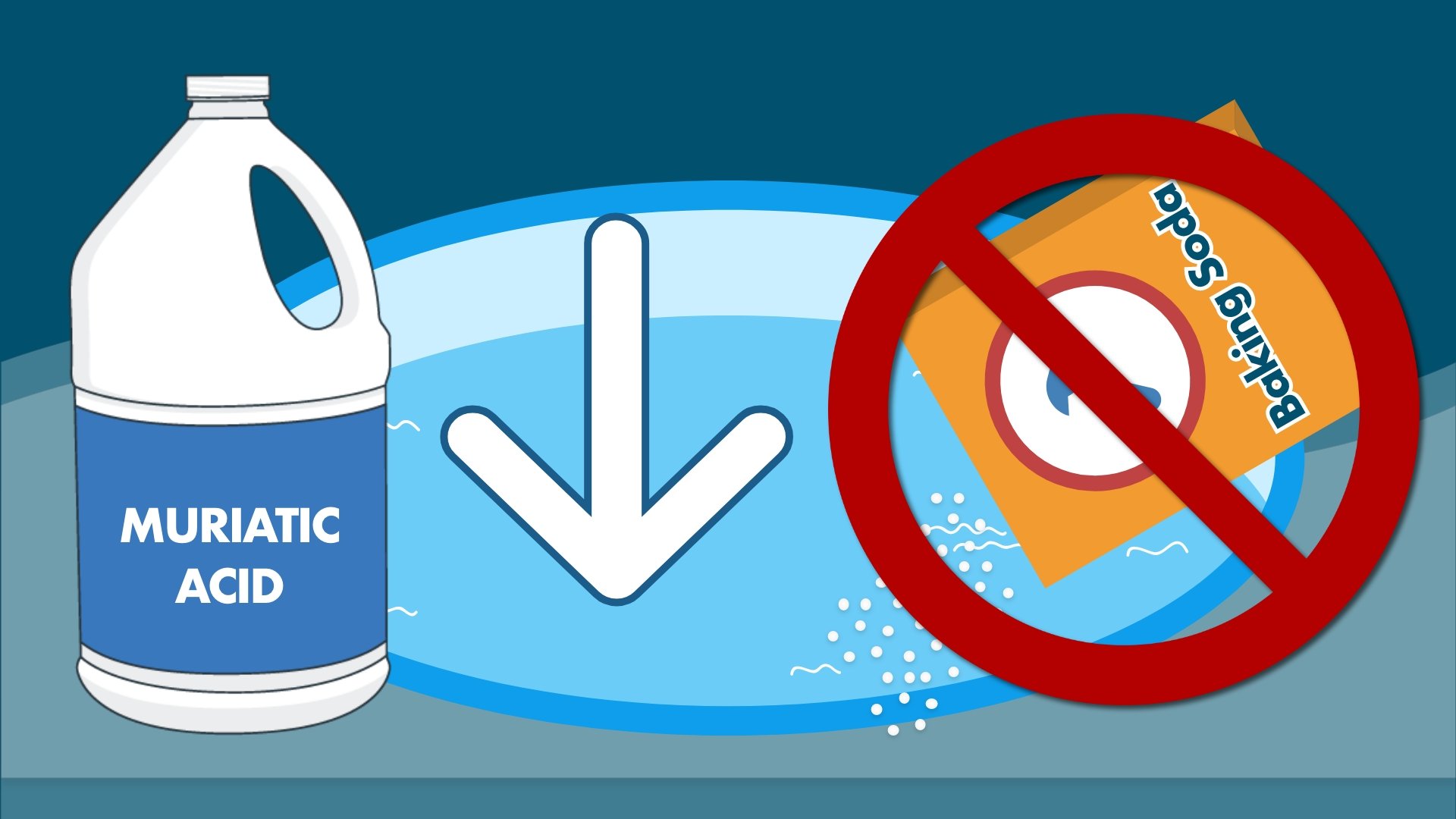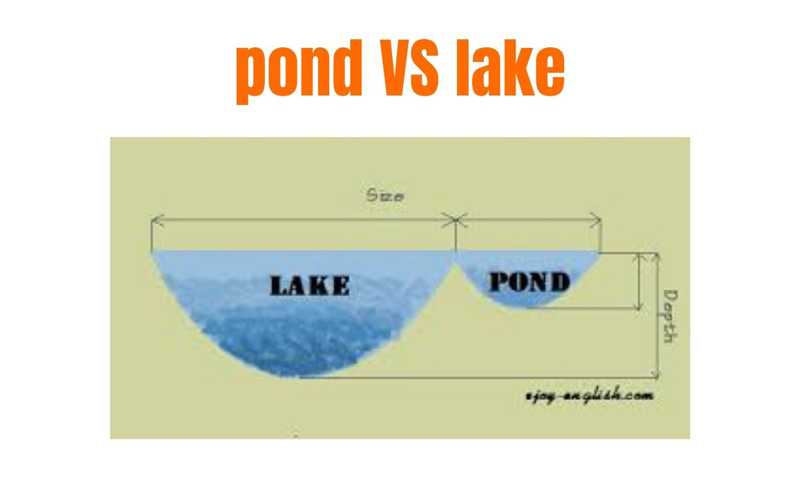Having a pool is a wonderful addition to any home, providing a refreshing escape during hot summer days. However, maintaining the water quality of your pool is essential to ensure a safe and enjoyable swimming experience. One factor that pool owners need to monitor is the total hardness of the water. Total hardness refers to the concentration of minerals, primarily calcium and magnesium, in the pool water. High levels of total hardness can lead to various issues such as scale buildup, cloudy water, and skin irritation. In this article, we will discuss how you can bring down the total hardness in your pool to keep it clean and safe for swimming.
1. Test the Water
The first step in addressing high total hardness levels in your pool is to test the water. You can use a pool water testing kit to measure the total hardness of the water accurately. The ideal range for total hardness in a pool is typically between 200 and 400 parts per million (ppm). If the test results indicate that the total hardness is above this range, you will need to take steps to bring it down.

Credit: www.wikihow.com
2. Dilution
One of the simplest ways to lower the total hardness in your pool is through dilution. This method involves partially draining the pool and refilling it with fresh water. By diluting the existing pool water with water that has lower hardness levels, you can effectively reduce the overall hardness of the pool water. Make sure to test the water again after dilution to ensure that the total hardness has reached the desired range.

Credit: www.swimuniversity.com
3. Use a Water Softener
Another effective method to reduce total hardness in your pool is to use a water softener. Water softeners are devices that remove calcium and magnesium ions from the water, thereby lowering the total hardness. You can install a water softener in your pool’s filtration system to treat the water as it circulates through the system. This can help prevent the buildup of scale and other issues associated with high total hardness levels.
4. Add a Sequestering Agent
Sequestering agents are chemicals that can help prevent minerals like calcium and magnesium from forming scale in the pool. By adding a sequestering agent to your pool water, you can keep these minerals in suspension, preventing them from precipitating out and causing scale buildup. Regularly adding a sequestering agent to your pool can help maintain the total hardness at an optimal level.
5. Use a Reverse Osmosis System
If the total hardness in your pool is significantly high and other methods have not been effective, you may consider using a reverse osmosis system. Reverse osmosis is a water purification process that can remove a wide range of impurities, including minerals that contribute to total hardness. By running your pool water through a reverse osmosis system, you can effectively reduce the hardness levels and improve water quality.
6. Monitor and Maintain
Once you have taken steps to bring down the total hardness in your pool, it is essential to monitor and maintain the water quality regularly. Test the water periodically to ensure that the total hardness remains within the optimal range. Additionally, proper pool maintenance, including regular cleaning and balancing of chemicals, can help prevent total hardness levels from rising again.
Conclusion
Ensuring that the total hardness of your pool water is within the recommended range is crucial for maintaining a clean and safe swimming environment. By following the tips outlined in this article, you can effectively bring down the total hardness in your pool and prevent issues such as scale buildup and cloudy water. Remember to test the water regularly, use appropriate treatment methods, and maintain proper pool care practices to enjoy crystal-clear water that is perfect for swimming.

